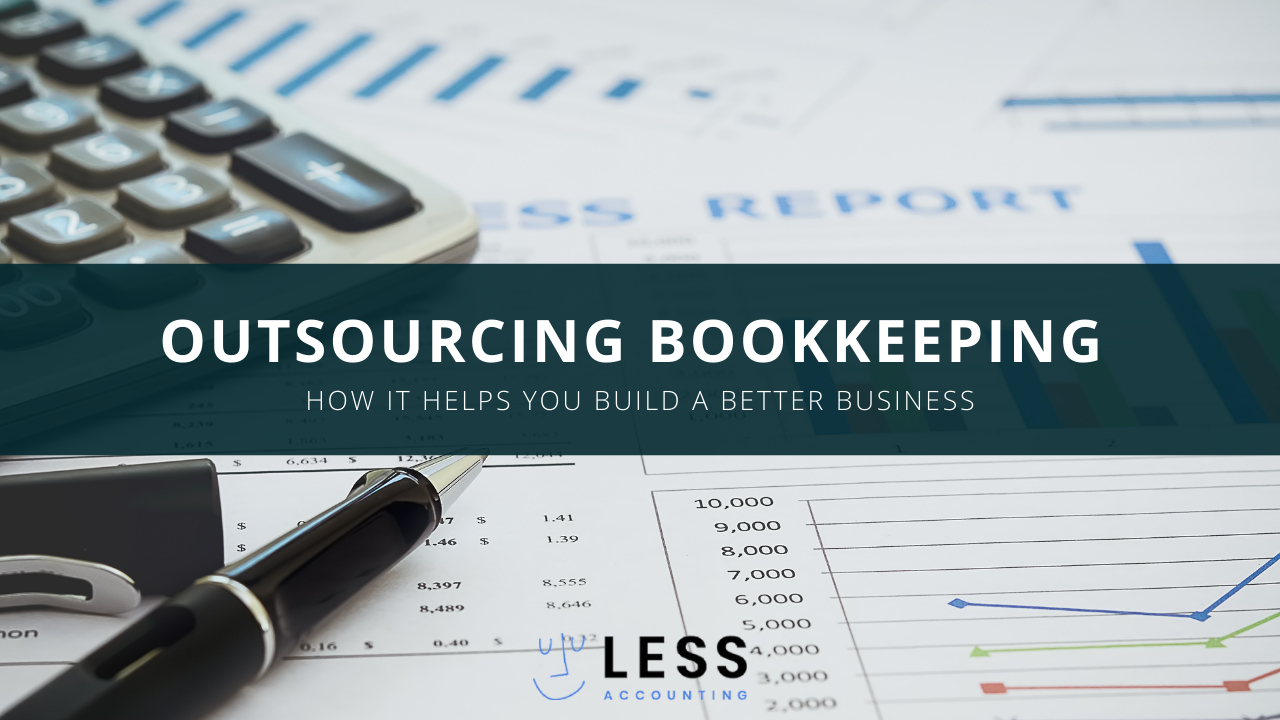When it comes to managing business finances, choosing the right bookkeeping solution is crucial. Business owners often face the decision between hiring a local bookkeeper or outsourcing to a provider offering offshore bookkeeping services. While both options come with pros and cons, the best choice depends on your business size, goals, budget, and operational needs.
In this article, we’ll break down the key differences, benefits, and challenges of offshore and local bookkeeping to help you decide what’s better for your business.
What Is the Role of a Bookkeeper?
Whether local or offshore, the main responsibilities of a bookkeeper include:
-
Recording daily financial transactions
-
Managing accounts payable and receivable
-
Reconciling bank and credit card statements
-
Preparing financial reports (P&L, balance sheet, cash flow)
-
Supporting tax preparation and audits
Both local and offshore bookkeepers can perform these tasks effectively. The key difference lies in how and where the services are delivered.
What Are Offshore Bookkeeping Services?
Offshore bookkeeping refers to outsourcing your bookkeeping tasks to a professional or team located in another country—often where labor costs are lower. Common offshore destinations include India, the Philippines, Eastern Europe, and Latin America.
These services are usually delivered remotely using cloud-based software like QuickBooks Online, Xero, or Zoho Books. Communication happens via email, Slack, Zoom, or a shared project management tool.
What Is a Local Bookkeeper?
A local bookkeeper works within your geographic area, often in the same city or region as your business. This person may work in your office or provide services on a part-time or contract basis. Local bookkeepers are typically more familiar with regional laws, tax regulations, and industry nuances.
Offshore vs. Local Bookkeeping: Side-by-Side Comparison
| Criteria | Offshore Bookkeeping | Local Bookkeeper |
|---|---|---|
| Cost | Lower (30–60% cheaper) | Higher due to local labor rates |
| Availability | 24/7 support possible | Limited to business hours |
| Expertise | Varies by firm; often specialized | High if experienced |
| Communication | Remote, digital | In-person or local phone/email |
| Compliance Knowledge | May need guidance on local rules | Familiar with local compliance |
| Scalability | Easy to scale up/down | Limited by individual capacity |
| Onboarding Speed | Quick, with systems in place | May take longer |
| Data Security | Varies by provider | Easier to monitor directly |
| Relationship Building | Virtual relationship | Face-to-face trust & interaction |
1. Cost Differences
One of the biggest advantages of offshore bookkeeping is cost efficiency. A full-time local bookkeeper in the U.S. or UK may cost $45,000–$65,000/year (or $3,500–$5,500/month), including taxes, benefits, and overhead.
In contrast, offshore bookkeeping services range from $300–$1,500/month, depending on complexity and volume. For startups and small businesses, this could result in 50–70% cost savings.
✅ Best for: Companies with tight budgets or looking to scale affordably.
2. Expertise & Skillset
Many offshore firms specialize in global accounting standards like GAAP or IFRS, and use leading platforms like QuickBooks and Xero. However, local bookkeepers may have better knowledge of regional tax laws and industry-specific nuances.
If your business has unique local tax needs or is subject to niche regulations, a local expert may be better suited.
✅ Best for: Businesses with complex local tax requirements.
3. Scalability & Flexibility
Offshore firms often have larger teams and can scale services up or down quickly—ideal for growing businesses or those with seasonal fluctuations. Local bookkeepers may have capacity limits, especially if they work solo.
✅ Best for: Businesses expecting rapid growth or fluctuating workloads.
4. Communication & Collaboration
With offshore bookkeeping, you’ll rely heavily on digital communication—email, task management tools, and Zoom. While this works well for many businesses, some prefer the face-to-face trust and interaction that comes with a local provider.
✅ Best for: Business owners who value in-person meetings or frequent live interaction.
5. Data Security & Trust
Both offshore and local bookkeepers can be secure—if the right systems are in place. Offshore firms should use:
-
Encrypted cloud software
-
Secure login protocols
-
NDAs and confidentiality agreements
-
GDPR or SOC 2 compliance
Still, some business owners feel more comfortable handing sensitive financial data to someone nearby who they can meet in person.
✅ Best for: Businesses handling highly sensitive financial data or regulated by strict local laws.
Final Verdict: What’s Better?
There’s no one-size-fits-all answer. Here’s how to decide based on your business type:
| Business Type | Best Option |
|---|---|
| Solo entrepreneurs/startups | Offshore (cost-effective, lean) |
| Growing SMBs | Offshore (scalable, flexible) |
| Local brick-and-mortar stores | Local (personal touch, tax help) |
| Regulated industries | Local or hybrid model |
| E-commerce / global companies | Offshore (tech-enabled, agile) |
Final Thoughts
Both offshore bookkeeping services and local bookkeepers can add tremendous value—if matched to your business needs. Offshore services are ideal for saving costs, scaling quickly, and leveraging global talent. Local bookkeepers, on the other hand, offer hands-on support and in-depth local compliance knowledge.
In many cases, businesses find success with a hybrid model: outsourcing the day-to-day bookkeeping offshore while consulting a local CPA or tax advisor during tax season.
The key is to define your priorities—cost, compliance, communication, or convenience—and choose the partner that aligns best.








